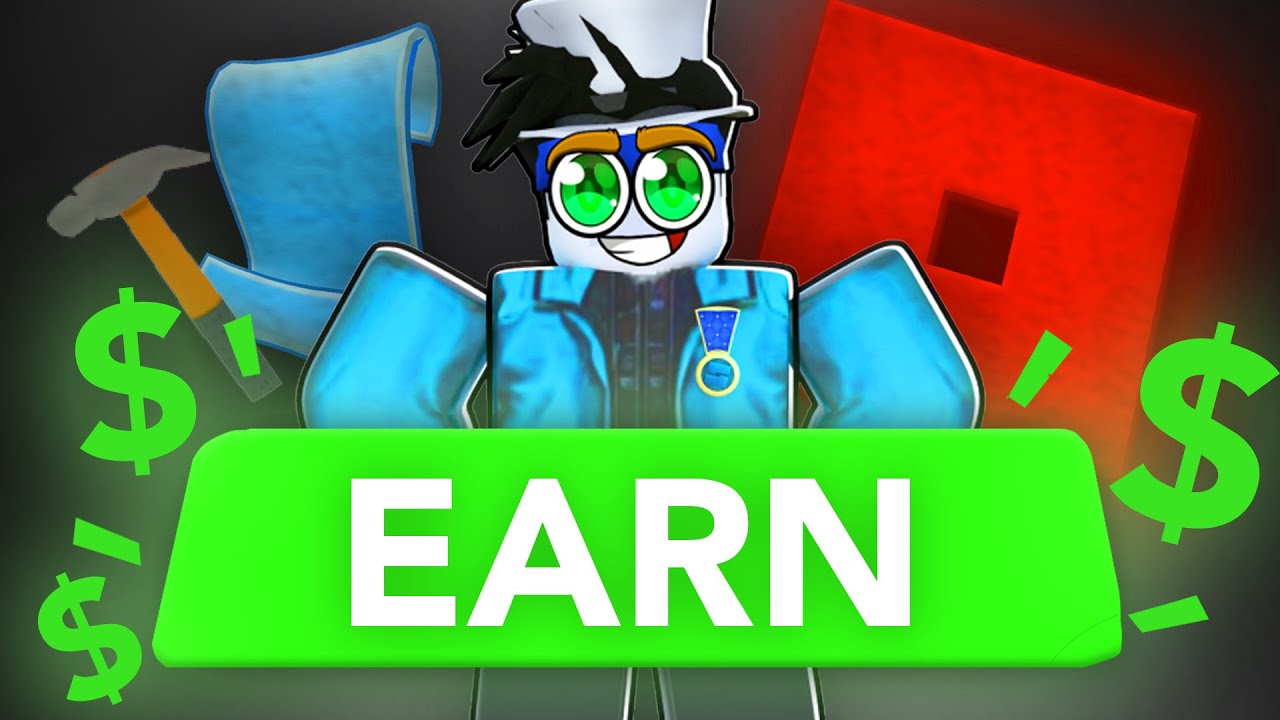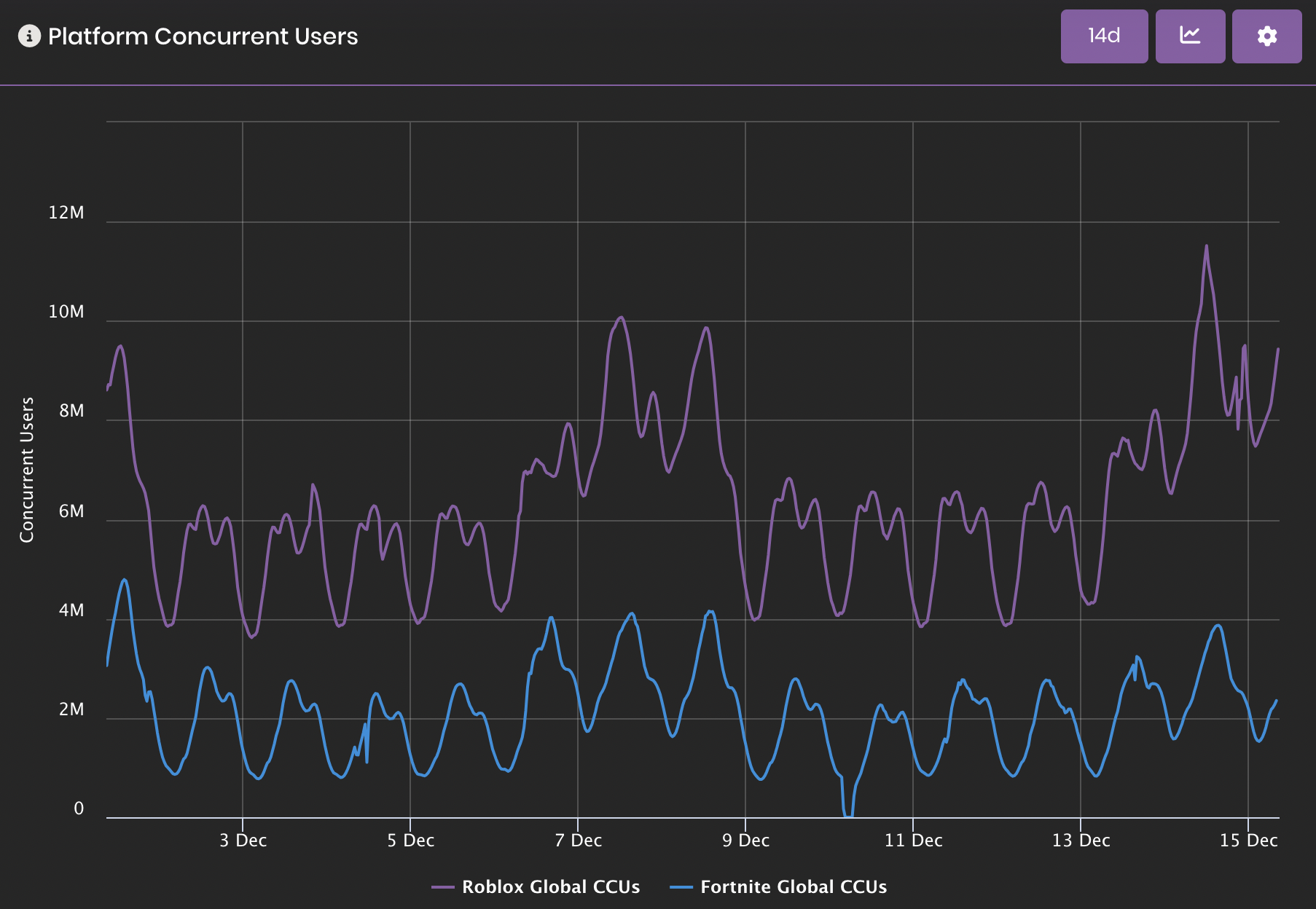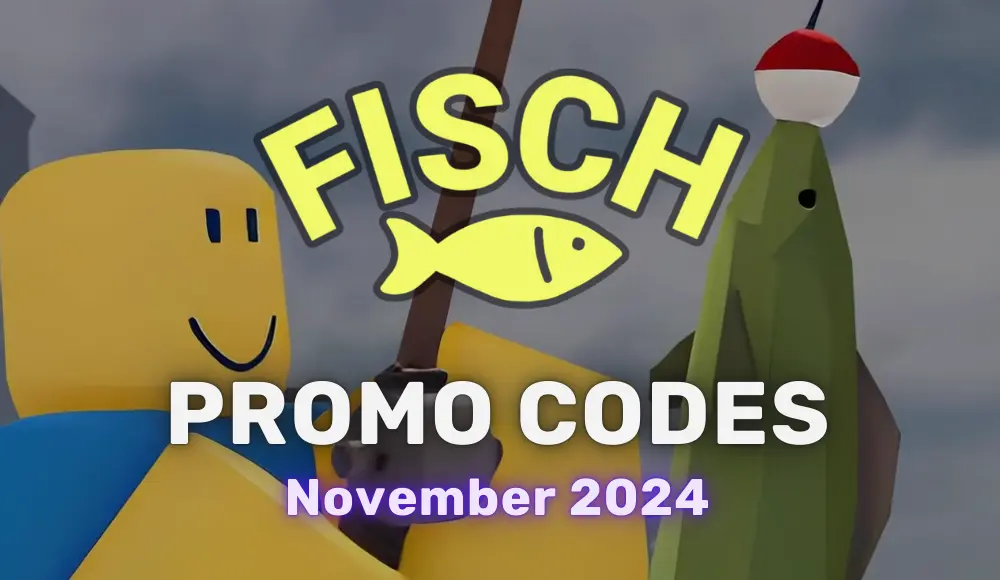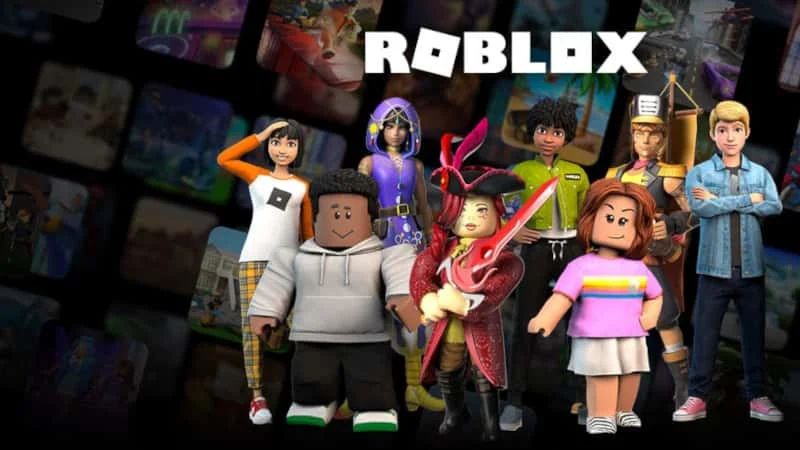Roblox, long celebrated as a platform where creativity meets commerce, has made a groundbreaking move: creators can now sell access to their experiences for real-world money instead of being limited to Robux. This innovation marks a significant shift in the platform’s monetization model, opening doors for developers to generate direct income.
What This Means for Roblox and Its Economy
For creators, this change is monumental. While Robux has been the currency of choice, enabling microtransactions and in-game purchases, real-world payouts provide a more transparent and accessible financial incentive. This shift is likely to attract a wave of professional developers and game studios, elevating the quality and diversity of experiences on the platform.
The wider Roblox ecosystem also stands to benefit. By offering real-money transactions, Roblox could further legitimize itself as a professional game development platform. It may even compete with more traditional game engines and storefronts like Unity or Steam. This could attract creators from industries outside gaming, such as education and virtual events, broadening the platform’s appeal.
On the flip side, the Robux economy might experience shifts. As more creators opt for direct payments, Robux may see decreased utility. However, this could also lead to Robux becoming a more niche currency for younger users who aren’t ready to transact with real money, preserving its relevance in the ecosystem.
Could Crypto Be Next?
The introduction of real-money payments raises questions about the potential integration of cryptocurrencies and digital wallets. While Roblox has not yet signaled any intentions in this direction, allowing crypto payments could align with trends in the broader tech and gaming industries.
Integrating wallets for cryptocurrencies like Ethereum or Bitcoin could appeal to tech-savvy audiences and international markets where traditional payment systems face challenges. It would also create opportunities for blockchain-based assets like NFTs to integrate into Roblox’s virtual economy.
However, crypto adoption would come with risks, including regulatory hurdles and volatility. Roblox’s primary user base includes minors, necessitating extra care to ensure compliance and safety. If crypto were introduced, it might initially be limited to adult creators and users, with strict safeguards in place.
Parting Thoughts on This Big Change
Roblox’s decision to allow real-world payments for experiences signals a bold evolution for the platform, positioning it as a leader in creator-driven economies. While it may have ripple effects on the Robux ecosystem, the potential for higher-quality experiences and a broader audience is undeniable.
Whether crypto becomes part of Roblox’s payment ecosystem remains speculative. Still, if the platform continues to adapt to emerging technologies, it could lead to an even more robust and inclusive virtual economy. One thing is clear: Roblox is reshaping the future of gaming and creativity.





